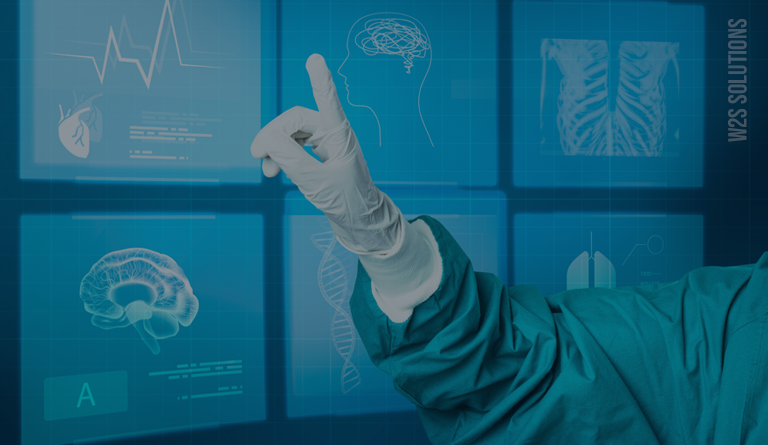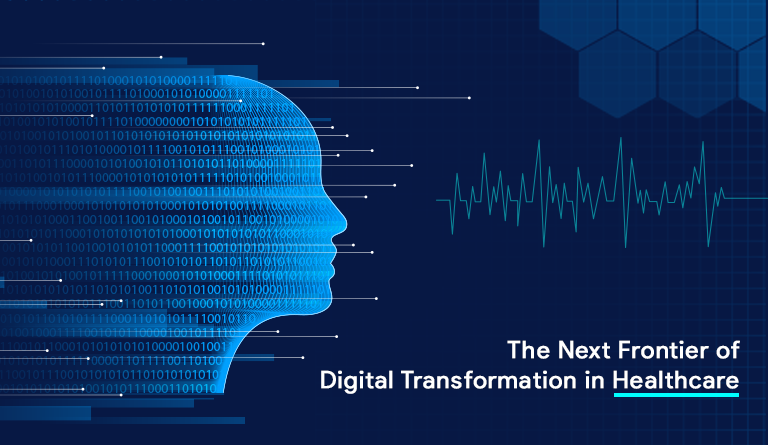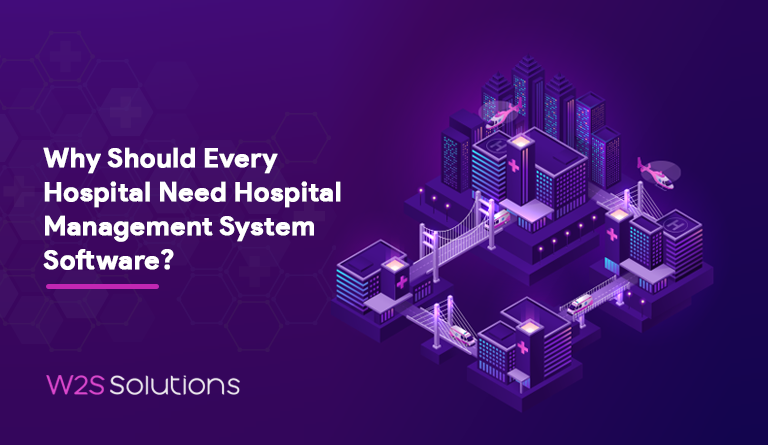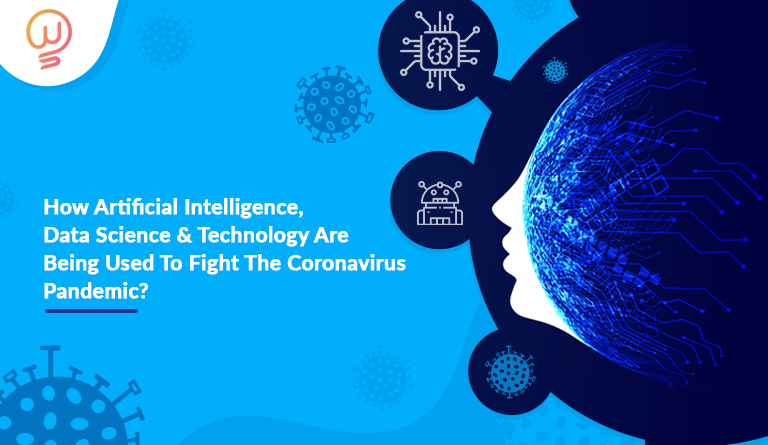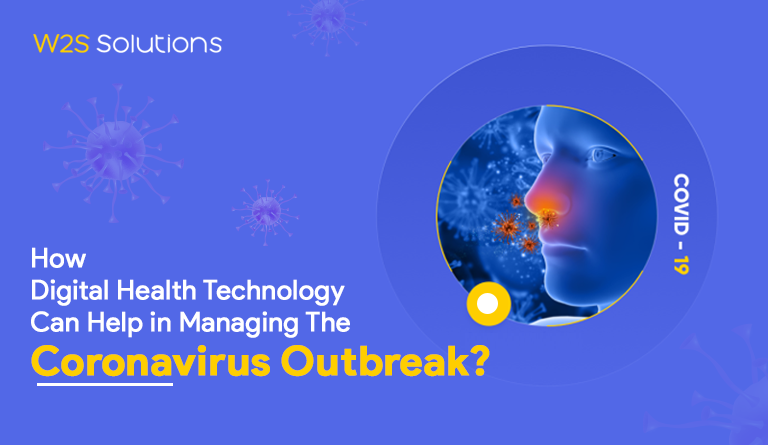Technology is advancing at a fast pace, changing a wide range of industries. The healthcare industry is one area where technology is having a significant influence. Because of its rapid progress, artificial intelligence is gaining traction in a variety of industries. According to a recent study, AI in healthcare would grow at a 48% annualized pace between the years 2017 and 2023. In the medical and healthcare industries, AI is expected to have a significant impact, with the potential to fully transform the healthcare system. Adapting to the digital world means rejecting old corporate methods and expecting real benefits from technological disruption.
Technology is also making major advances in the delivery of digital transformation solutions that have the power to change the way doctors approach diagnosis and interact with patients. AI is widely used in medical supply chains and back offices to increase the efficiency and speed of processes. The global AI in healthcare market is expected to grow at a CAGR of 38.4% from 2022 to 2030. As a healthcare professional, one should be aware that keeping up with the industry’s digital revolution can be challenging. Choosing which technology is worth investing in might be tough for a healthcare executive.
A peek into AI
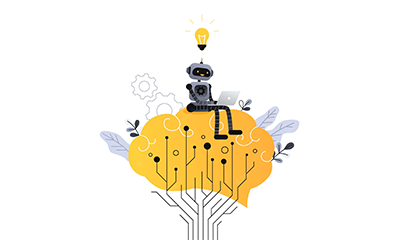
Artificial intelligence (AI) is the simulation of human intelligence in machines that have been programmed to think and act in human-like ways. The term “AI” also applies to any machine that exhibits human-like traits such as problem-solving and learning. Artificial intelligence’s ideal characteristic is its ability to analyze and execute activities that have the best chance of achieving a certain goal. Strong AI is capable of more complex and human-like actions, whereas weak AI is more basic and focused on a single task. Artificial intelligence is being used in a variety of industries, including banking and healthcare.
Read Also – Conversational AI: The Next Frontier Of Digital Transformation In Healthcare
-
Process Streamlining:
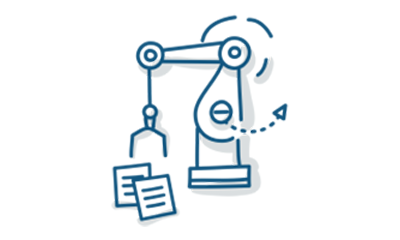
Deep learning is one of the most promising ways AI might transform the global health industry. Images may be detected and the most significant information extracted using AI and learning skills. The method helps physicians make a more accurate and fast diagnosis. Hospitals, for example, use AI solutions extensively to speed up the detection of serious illnesses like heart disease and lung cancer. In specific scenarios, transforming healthcare with AI can help doctors acquire rapid insight into patient situations and determine whether or not patients should be sent to relevant specialists.
-
Saving Time, Increasing Speed, and Improving Accuracy:

It is simple to save time because AI can do the majority of routine tasks and diagnostics. Because AI can automate a variety of medical procedures, it frees up time and space for healthcare providers to focus on providing better patient care. Healthcare professionals may use AI solutions to assist their employees with routine procedures like pathology and radiography more efficiently. This translates to improved patient care quality and speed, as well as increased revenue possibilities.
-
Early Diagnosis of Serious Health Problems:
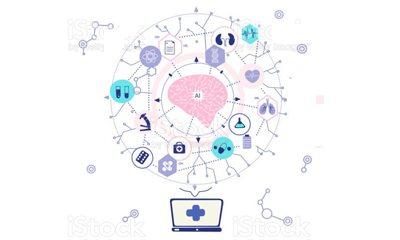
Data analysis is crucial when it comes to detecting serious health risks. According to research on wearable devices, smart wearables like the Apple Watch and Fitbit can utilize human activity data to anticipate significant health conditions like hypertension and sleep difficulties. A deep neural network (DNN) can detect diseases like sleep apnea and hypertension using data from heart rate and steps walked.
Read Also – Top technologies leveraged by world-leading healthcare providers
-
Automating Routine Tasks:
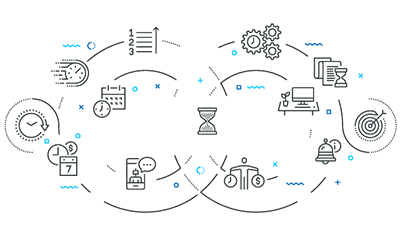
Decision-making has improved as more healthcare firms have started using AI. As a result, the administrative and financial staff’s efficiency improves. The role of artificial intelligence in healthcare is changing supply chain operations by automating many phases and components of supply chains, as well as regulatory compliance. In healthcare systems all across the world, AI-powered apps and machine learning skills might be utilized to automate repetitive human interactions.
-
Customized 3D Models:
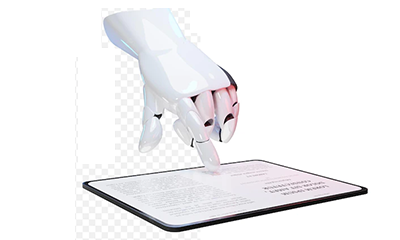
Healthcare app development services have started to leverage AI-based solutions to create personalized 3D models that are suited to the needs of particular patients. For example, cardiologists may utilize AI to detect the impact of a significant blockage on blood flow and select the best treatment alternatives. Heart disease testing is a complex and risky operation that might lead to a stroke or blood vessel damage. As a result, AI that analyses the scanned image of the stressed heart to produce its 3D model should be taken into consideration. The technique, when paired with machine learning algorithms, can aid researchers in determining how a blockage impacts a patient’s blood flow.
-
Simple Pharmaceutical Research and Development:
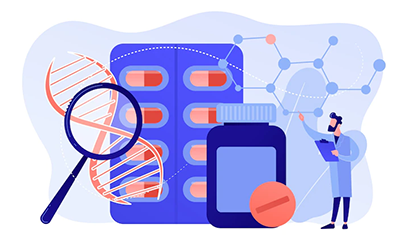
Data is crucial for successful AI outcomes, and the technology is also useful in the pharmaceutical industry. From medical reports to pharmaceuticals, AI’s potential might be applied in medical research and development. Machine learning and big data can help improve the efficiency of clinical research and innovation by enabling better-informed decisions and a faster, less expensive R&D process. From detecting important substances impacting research outcomes to automating reporting and data processing, AI is useful for pharmaceutical research activities.
Read Also – How App Development Can Empower The Healthcare Industry In The Coming Years?
What will be the future of AI in the Healthcare Industry?
Artificial intelligence will play a significant role in future healthcare products. Precision medicine, which is unanimously recognised as a much-needed development in therapy, is based on this capability. Although early attempts at diagnosis and treatment suggestions have proven difficult, AI is expected to eventually conquer that sector as well. Given the significant advancements in AI for imaging analysis, most radiology and pathology pictures are expected to be reviewed by a machine at some point of time.
Speech and text recognition are already being used for activities like patient communication and clinical note recording, and this trend will continue. In many healthcare sectors, the most difficult challenge for AI is ensuring its adoption in daily clinical practice, not whether the technologies are clever enough to be beneficial. Challenges will be overcome in the end, but it will take much longer than the technologies themselves to mature. It’s also becoming clear that AI systems will not replace human doctors on a large scale, but rather enhance their efforts to show some care for patients.
Wrapping Up:
Digital transformation is an ongoing process, with new trends in the healthcare industry emerging on a daily basis. When it comes to digital transformation in healthcare, more than just technology must be considered. In addition, AI appears to be influencing the healthcare industry and digital transformation in unexpected ways.
On a global scale, AI has come to occupy a significant place in today’s medical advancements and treatments. From automation to proper early identification of major diseases and cancer projections, AI has unlocked great potential for revolutionizing the existing healthcare system. To stay ahead of the competition, enterprises can connect with the world’s leading digital transformation consulting services to get cost-effective AI in healthcare solutions.
